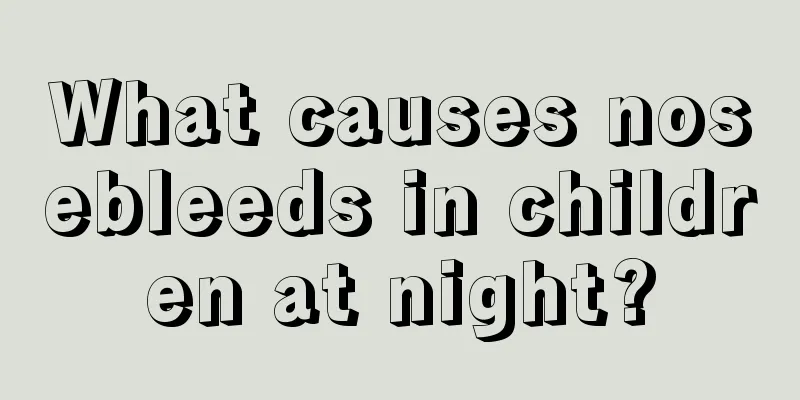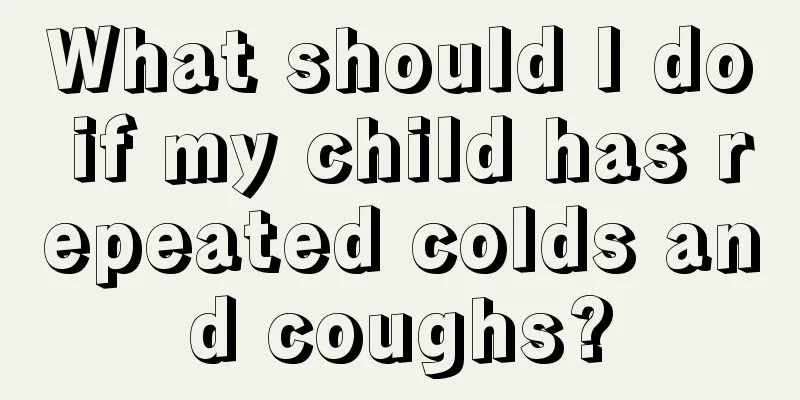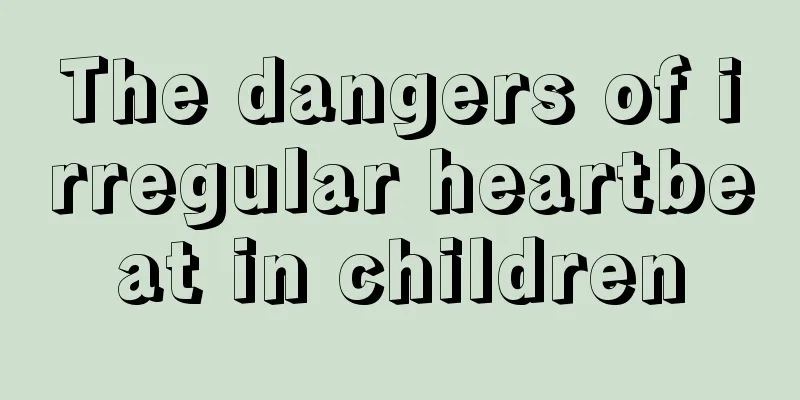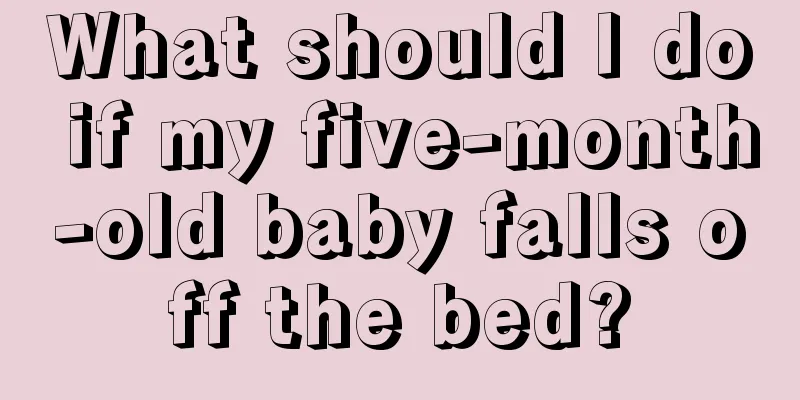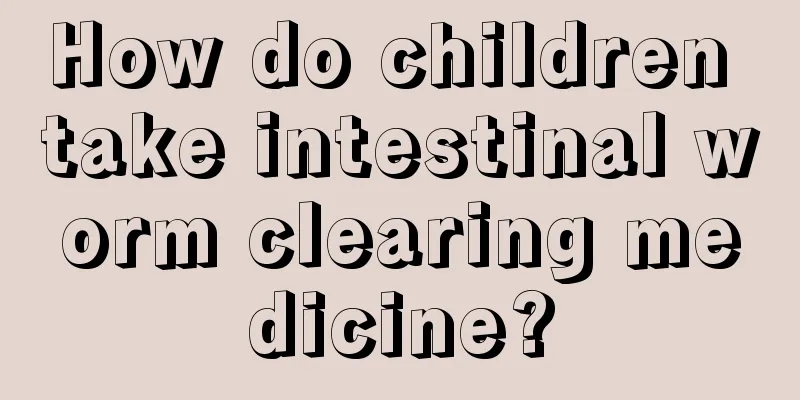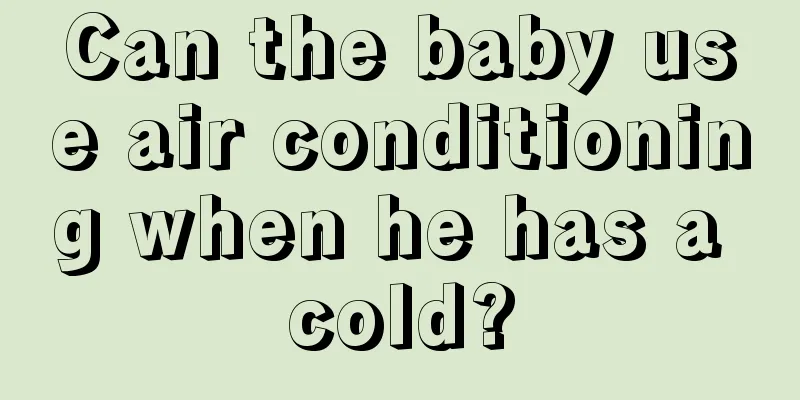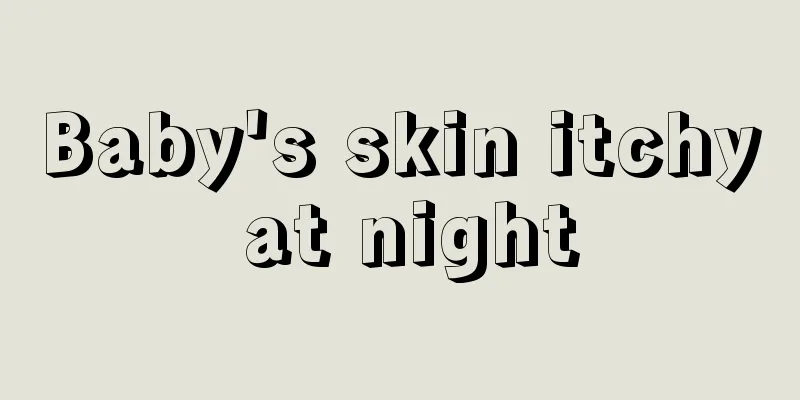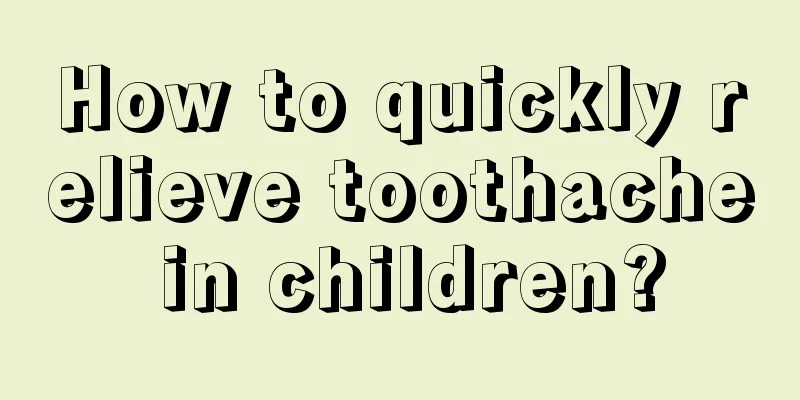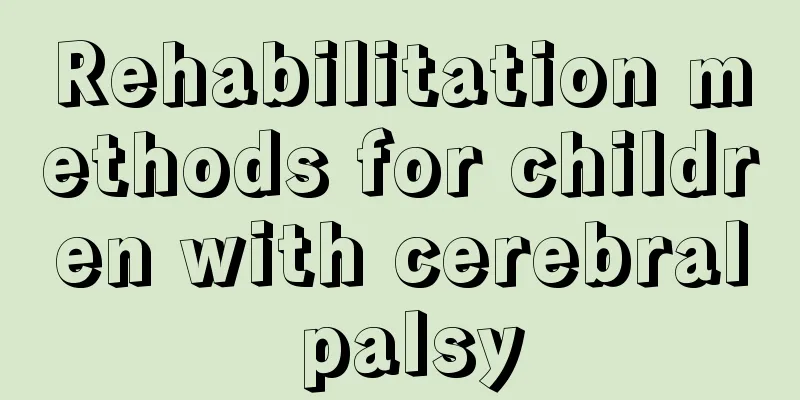Baby wheezing while sleeping
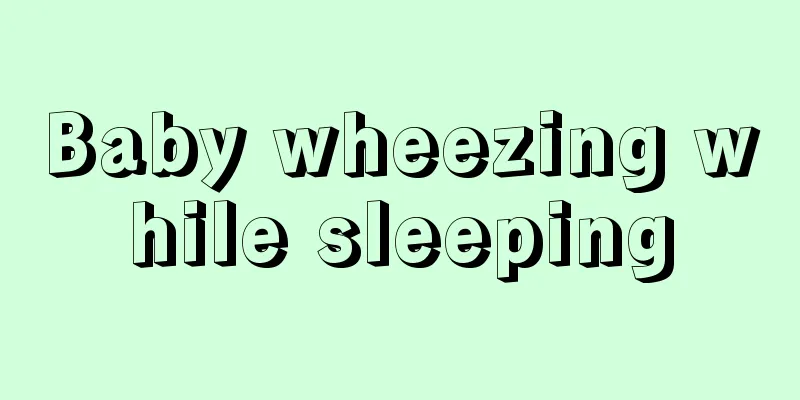
|
Parents are very sensitive to changes in their baby's body, especially when the baby's body shows abnormalities. Babies cannot express their thoughts yet, so many symptoms can only be expressed through body language. Parents should pay attention to their babies' actions. Some parents find that their babies wheeze while sleeping. So, what is going on when your baby makes wheezing sounds while sleeping? When parents discover this situation, there is a high possibility that the child has congenital laryngeal stridor. Congenital laryngeal stridor is caused by the cartilage being too long and causing it to bend. When inhaling, the spoon-shaped cartilage is pulled down to block the entrance of the throat, causing difficulty in breathing and depression in the upper part of the chest. Mild cases rarely affect the baby's nutrition and health and are nothing to worry about; severe cases should be treated in the hospital in time for diagnosis and treatment. method
1 Congenital laryngeal stridor refers to the wheezing sound that can be heard when the baby is sleeping after birth. This often happens shortly after the child is born, but as the child grows older, the laryngeal cartilage gradually develops and hardens, and the stridor will gradually disappear. This is the case in most cases, and only in very rare cases will the condition worsen. If it causes respiratory infection, it will aggravate the disease and should be taken seriously. 2 When this happens, timely measures should be taken, because this happens because the bones are soft, so children should be exposed to more sun, supplemented with sufficient calcium and vitamin D, and pay attention to preventing respiratory infections. Generally, the symptoms will gradually disappear when the child is about 2 years old. If a child between 2 and 6 years old has mouth breathing or blue lips due to tonsillitis, he or she should go to the hospital for treatment in time. 3 When the condition worsens, it is mostly caused by chronic tonsillitis or tonsillitis hypertrophy. Tonsils are the largest lymphoid tissue in the throat. After repeated inflammatory stimulation, they will become in a state of chronic hyperplasia. Because the oversized tonsils fall backwards, they block the respiratory tract and cause breathing difficulties. The above two diseases will cause sleep disorders and malnutrition and developmental problems in children due to breathing difficulties and hypoxia, so children's snoring should be paid attention to. |
<<: What should I do if my baby has a cold, coughs and is a little wheezing?
>>: One and a half year old baby oral herpes
Recommend
Reasons why children can't sit still in class
Some children are prone to being active and unabl...
What is normal vision for a five-year-old child?
June 6th of every year is National Patriotic Day....
The reason why baby's hair is patchy
Every family will be very happy after having a ba...
What causes stomachache in children?
As a parent, you must be worried about the discom...
How to treat vertigo in children
Vertigo in children is caused by increased blood ...
Is it okay if the child falls on the back of his head?
As we all know, our brain is the most sophisticat...
What to check before hernia surgery
Before hernia surgery, the main thing to do is to...
What to do if children's earwax becomes hard lumps
Earwax is usually in powder form and is easier to...
Do babies with jaundice love to sleep?
Jaundice is a normal physiological phenomenon in ...
How to make nutritious porridge for babies
In life, many mothers will feed their babies nutr...
How to treat anemia in children?
When it comes to how to treat anemia in children,...
How to relieve gas when a child has a bloated stomach
Children often have some bad habits when eating, ...
What medicine is good for baby diaper rash
The symptom of baby diaper rash is mainly caused ...
Can children use eye drops?
Eye inflammation, trauma, before and after eye su...
What’s going on with the white spots on my 4-year-old baby’s face?
Children around four years old generally have rel...

